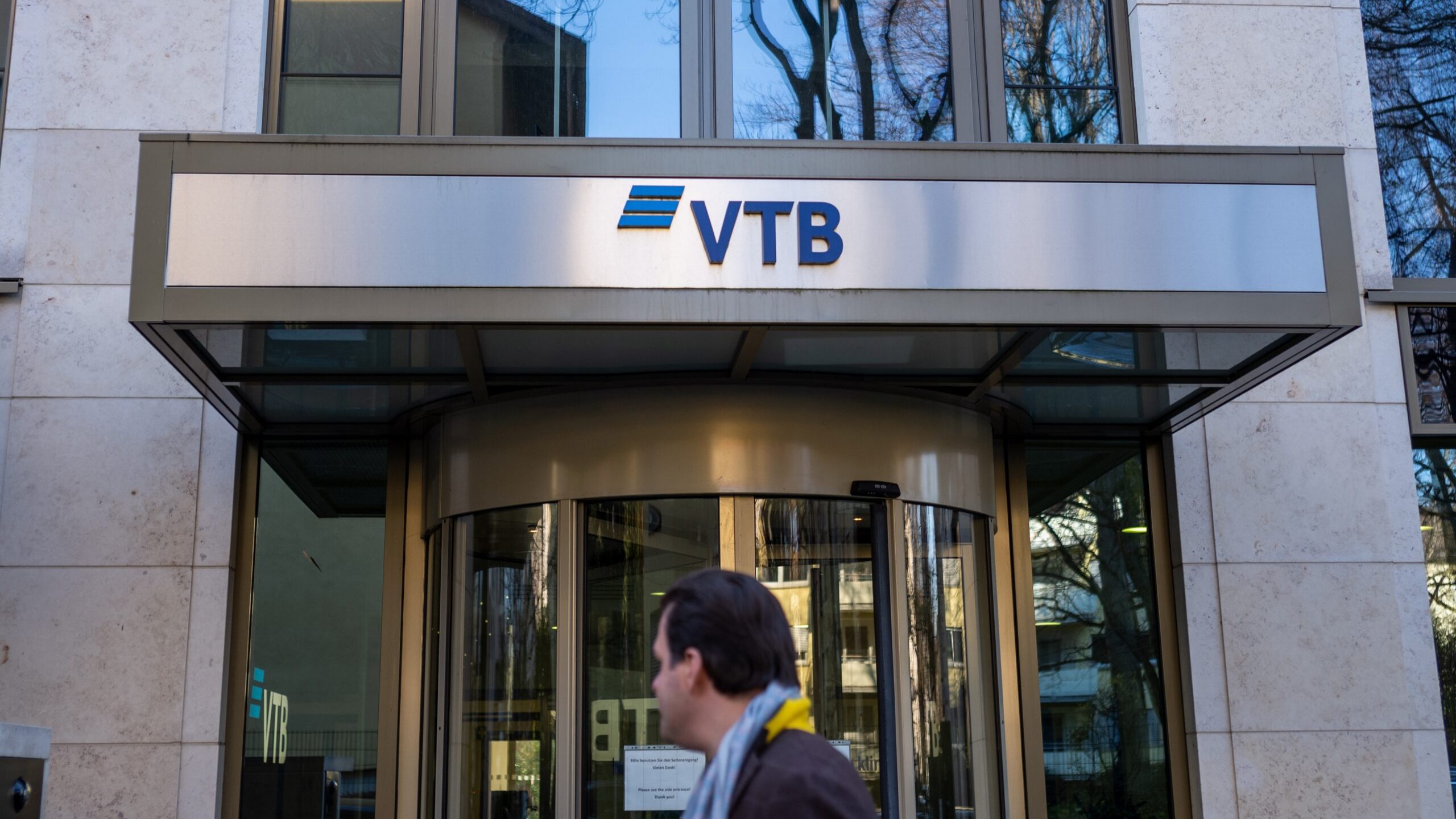Portuguese banks still in dark about loan renegotiation rules
The banks in Portugal say they will comply with the measure to renegotiate home loans announced by António Costa's government.
The Portuguese banking sector says it will comply with the measure to renegotiate home loans announced by the government but is still unaware of the final details in the regulations.
“Making a law is useful, but one has to be careful with the nuances,” said the chief executive of CGD, Paulo Macedo, during the Money Conference in Lisbon, organised by Dinheiro Vivo, considering the values and effort rates in question “debatable”.
The chief executive of BCP, Miguel Maya, also said that the government’s concern “is not only legitimate but indispensable”.
“At a difficult time, having the concern to guarantee that incentives are aligned so that the banks play this role is of the utmost importance,” he said.
However, he warned that “between what is the intention and the results are where the problems lie”.
“The devil is always in the details and in finding a model that is balanced”, he argued, stressing that he was not aware of the final version of the law but pointing out as a significant concern that it places “on the banks that most support the economy the onus of other banks that are not in credit to the economy”.
For Miguel Maya, “the right incentive is to guarantee that those who effectively need it can do it, but exactly who needs it”, questioning the obligation of contacting the bank.
“It’s up to the banks to call the client, which is immediately strange because the person should try to find the solutions themselves, and the bank has to present a solution”, he said.
In the same vein, Paulo Macedo also considered that customers should contact the institutions, although he assured that CGD would comply with the law.
“Most of Caixa’s loans are under €90,000, and the total amount owed is below €60,000. We have to understand what values we are dealing with,” he stressed.
This guarantee was also given by the CEO of Banco Montepio, Pedro Leitão: “We will not stop supporting one more or one less client because we have some additional clarification” on the law.
Miguel Belo, director of Santander, considered it an “important measure”, reinforcing a measure that has been in force since 2012 and that banks have been “applying it permanently, whenever justified”.
“It is a political measure that has set activation limits and accelerated the assessment of banks. It goes in the right direction. It could go in the wrong direction if it allowed any customers to claim credit restructuring,” he said, adding that the bank still does not know “the decree law in its final terms,” so it is waiting.
At issue is the measure approved by the government that defines that the renegotiation of housing loans can be made when the effort rate reaches 36% or when there is a five percentage point worsening.
In his closing speech at the conference, Finance Minister Fernando Medina stressed that the law “will be published in the coming weeks”, underlining that it “adds to the existing systems of prevention of situations of indebtedness an even more preventive groundwork”.
“I think it is important to signal that the faster we have these mechanisms in place, the faster we can convey peace of mind to families,” she said.
Last week, BPI’s chief executive, João Pedro Oliveira e Costa, also guaranteed that the bank would comply with “responsibility” with the measure approved by the government for renegotiation, which, he said, would cover a significant part of the institution’s credit portfolio.
“We will respond with a great sense of responsibility,” he said during the presentation of BPI’s results through September, stressing that the bank understands that it is “going through a delicate moment.” So it would “collaborate” and “comply with the law”.
The Novobanco chairman also considered that the new legislation that forces banks to renegotiate mortgage loans above certain effort thresholds “codifies what should already be a normal banking practice”.
Stating that “the new law is still very recent”, the CEO said that Novobanco was still “analysing the effect of each of the levels [of effort rate] in terms of debt service ratios and what that means” but guaranteed that it would “comply with the law”.


